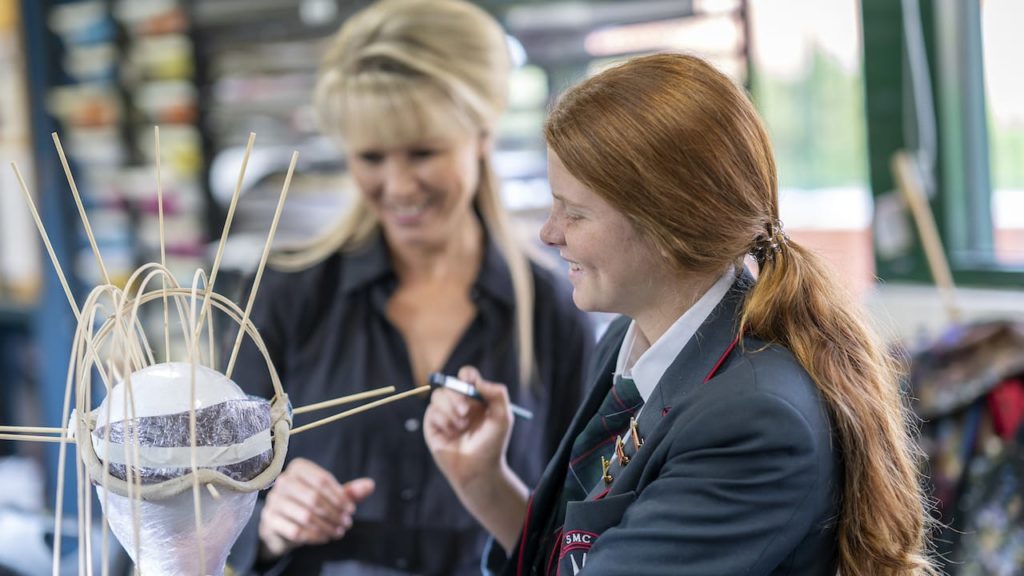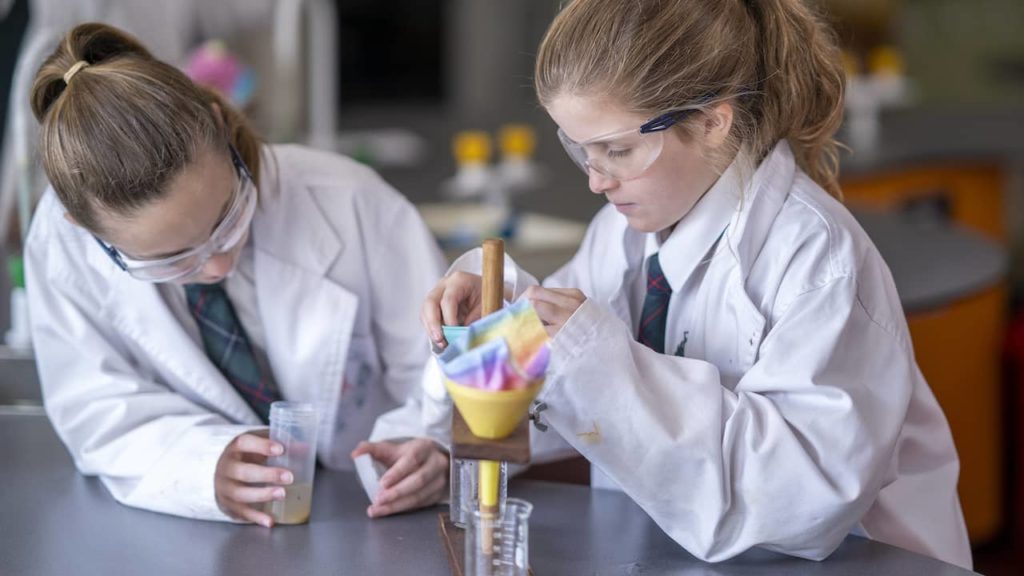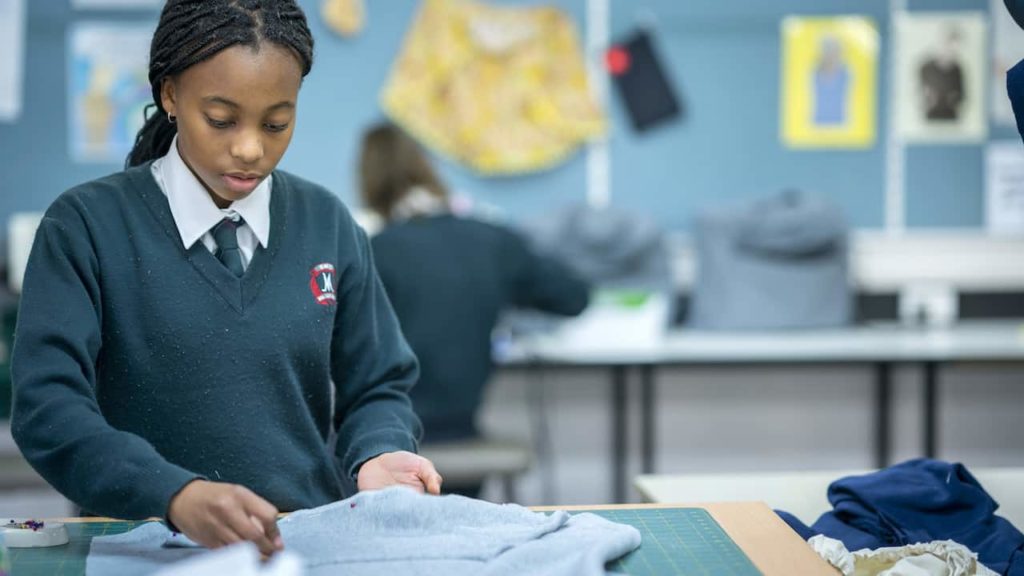
Kody is a 16-year-old student I tutor in English. She is incredibly talented in the study of Physics and Chemistry. She studies those subjects at university level. She tries to explain time folding and black holes to me. I stare blankly.
What she needs me for is English. She wants me to tutor her because she wants to figure out how I make meaning of literature. She doesn’t want to just be shown how to get good marks. She wants to learn a different way of thinking.
Using school, university, tutoring, her part-time job and her co-curricular activities Kody has created a network of learning experiences for herself. She has left conventional notions of schooling behind.
Kody is exceptional, however, there are thousands of students who would benefit from a more tailored learning program that feeds their love of learning and their pursuit of personal meaning. One size does not fit all in education or life.
Definitions Of Achievement
Renowned educator and futurist Peter Hutton says, “The mental model of success is coming undone”. Up until now, we have seen success as following a particular chain of events:
- School
- ATAR
- University
- Mortgage
- Marriage
- 2.1 kids
The reality is very few people Australia-wide actually follow this model and it certainly doesn’t define success.
- Of the 50% of this year’s graduates to enter university, only 26% will use their ATAR to get there.
- By the age of 50, 25% of this year’s Australian graduates will not be married
- The Australian Bureau of Statistics estimates between 2023 and 2029, there will be more people in a relationship living without children than families with kids.
The standard model is actually the exception. However, people who do not follow that model often feel they have ‘failed’ on some level. As a society we have not created the narratives that normalise our changing reality.
It is definitely time to create other models of success because humans are not a one-size-fits-all proposition. Fortunately, many educators and schools agree and are trying to empower kids to measure success as more than just good marks, leading to ATAR, university, career, marriage and so on. The alternative is a culture of meaning.

What is a Culture of Meaning?
A culture of meaning is focused on genuine engagement and learning. It provides the skills and knowledge that best serve a student to feed their interests and passions and help them find their purpose in life. It does not remove traditional achievement from the picture, but it does widen the focus.
This culture of meaning is based around the development of an internal locus of control. That is, the valuing of internal rewards as more powerful than external rewards like marks and certificates. It is also contingent on genuine engagement. Kody’s fascination with figuring out how things work is a wonderful example of this culture.
Another great example is eco-warrior Greta Thunberg. Greta has a diagnosis of Asperger’s Syndrome. She says that before she started her activism work, “I had no energy, no friends and I didn’t speak to anyone…All of that has changed now, since I have found a meaning, in a world that seems so meaningless to so many people.”
Despite the very best efforts of teachers, schools are often stifled by the huge amount of content in the national curriculum. It allows inadequate time for exploration and the creation of genuine long-term engagement. It is a systemic problem that requires systemic solutions.
How Brave Schools Respond
In the highly competitive arena of Australian education, it can be a risk for a school to privilege learning and meaning over achievement. That’s awfully ironic! It’s a sad reality that ATAR scores, though simplistic and reductive, are an easy currency for schools and parents to trade in, as they are the simplest way to measure school ‘value’.
However, brave schools, like Santa Maria College in Western Australia, are bucking the trend. Despite being a school that scores consistently in the top 10 ATAR schools, Santa Maria wants parents to choose the College for reasons other than just ATAR scores.
They want parents to look at values, community, student care, and the hundreds of great learning experiences offered both inside and outside of the daily timetable, because it is this combination that provides real learning and meaning.
Despite their high socio-economic base, 20% of Santa Maria College’s students choose to follow an ACCESS Pathway in Senior Years. They find their purpose in Certificate and General Courses. There are more than 25 different vocational courses that students are able to choose, including Nursing, Fashion and Information Technology. In fact, if a child has an interest in a particular area, the College goes out of its way to access that learning path, even subsidising the cost, a move not seen anywhere else in Australia.
Santa Maria College Principal Jennifer Oaten says, “We are committed to providing strong learning foundations for girls and pathways that will help them find their own version of success in life”.

Creating A Culture Of Meaning
Mrs Oaten is very clear that school is not the only place students learn skills and discover meaning. A school cannot be all things to all students. We must acknowledge and promote the immeasurable skills and learning that comes from activities with parents, part-time jobs, sport, co-curricular activities, wider reading and other sources.
Schools are only part of the Culture of Meaning. Our role is to help parents bring up children and we provide great expertise in this venture. However, it would be a mistake to think that it is a schools’ role to shape a future. What schools can do is challenge students and actively show students the enormous satisfaction that comes with meaningful learning.
What Can Parents Do To Promote A Culture Of Meaning At Home?
- Focus on the processes of learning and the opportunities learning enables, rather than purely on results.
- Avoid rewarding ‘good’ grades and punishing ‘poor’ grades and start rewarding effort, persistence, bravery and process.
- Ensure kids are free to pursue lots of different interests outside of school. Kids aren’t born with passions, passion and meaning grow out of interests and opportunities.
- Provide an environment where creativity is fostered; music, dance, art, robotics, coding, drama provide great training in creativity and persistence.
- Promote skills such as problem solving and collaboration with real-life challenges.
One size does not fit all in education or in life; our schools and homes should reflect that fact. Our kids are gifted in so many different ways and it’s exciting to see their interests grow into passions that give them meaning. My Kody is brilliant at science, one day she will rock the world. However, her gift to me has been showing what education could look like.









